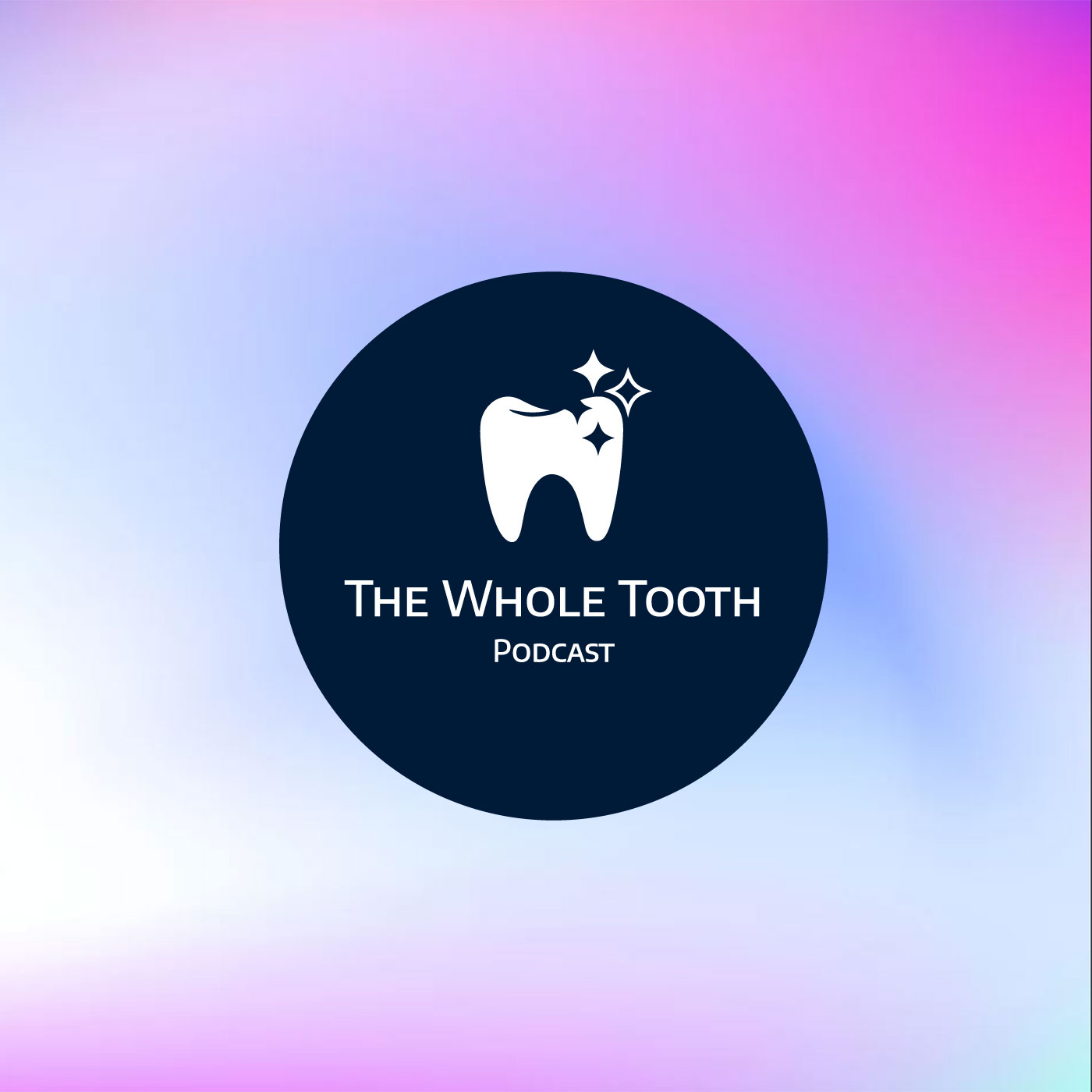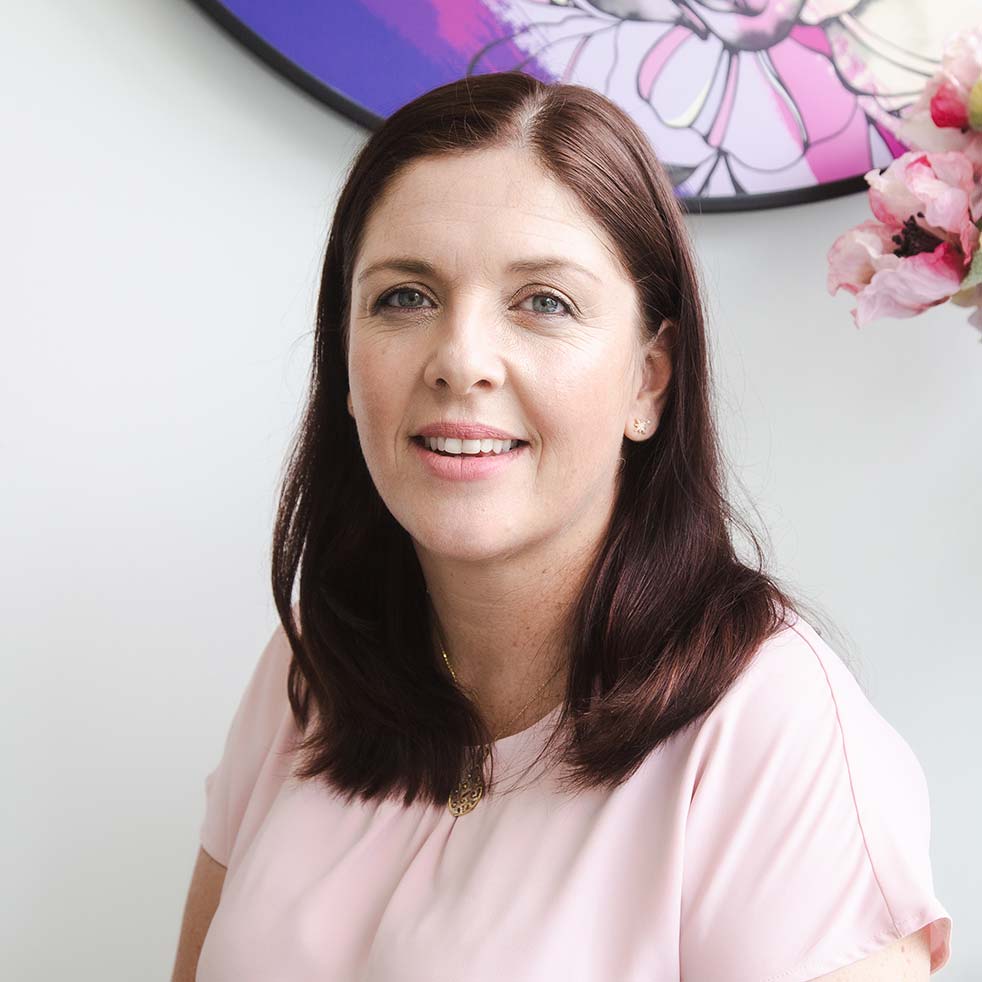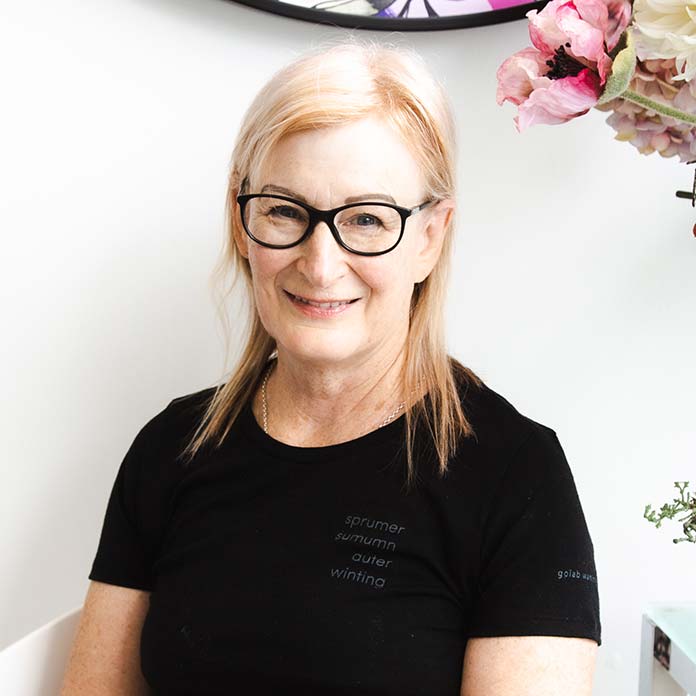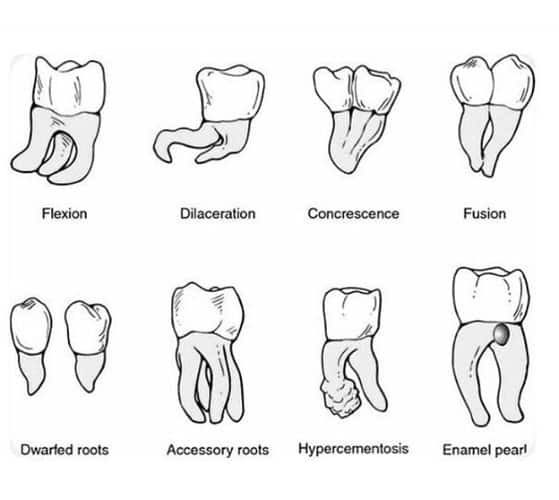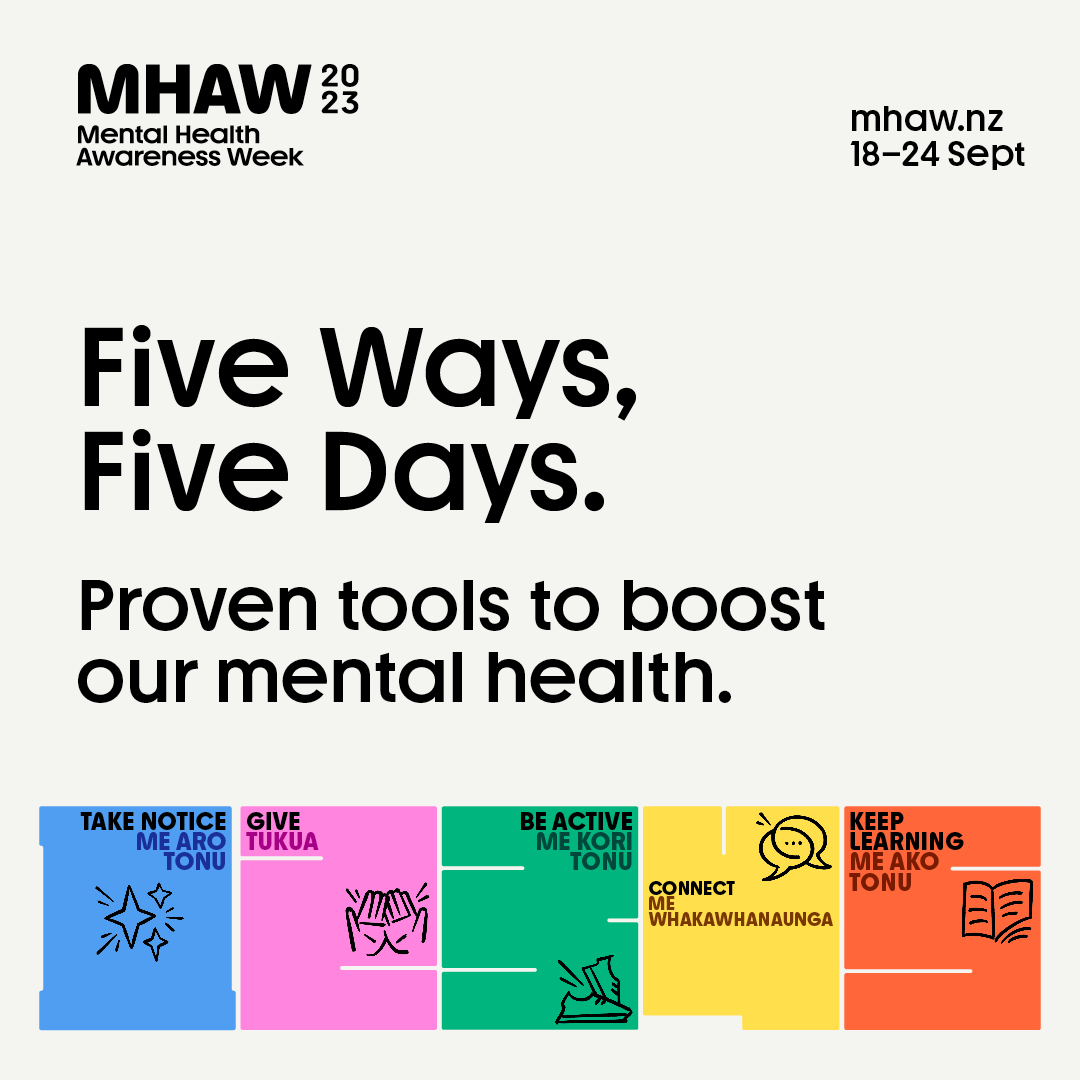Episode Transcript
Speaker 0 (BECKY) 00:00:02 Kia Ora and welcome to the whole tooth, Ao/NZ, the show that is made by oral health professionals for oral health professionals. We bring you the kaupapa of the oral health profession in Aotearoa to investigate the tooth, the whole tooth, and nothing but the truth.
I'm Becky Ahmadi, and with me today is Anna Holyoake. And in today's episode, we will talk about what matters to Anna, when it comes to oral health in Aotearoa, and we'll discuss the ins and outs of being the president of Te Ohu Pūniho Ora o Aotearoa , and offer listeners and inside view of Anna's professional mahi.
Speaker 1 (Anna) 00:00:34 Stand up for what you believe in when it comes to, um, your career and, um, your own, be the master of your own ship. I think
Speaker 2 (Becky) 00:00:42 The whole tooth Ao/ NZ is yet to be sponsored by any cutting edge dental company or organization. This could be the opportunity for you. Phone on 0210355456.
Speaker 0(Becky) 00:00:54 So Anna, welcome. Kia Ora,
Speaker 1 (Anna) 00:00:55 Hi. Hi, Becky. Thanks for having me on your podcast. This is very exciting and I am looking forward to, chatting about oral health in New Zealand and shedding some light on who I am and what it's like to be the president of the New Zealand Oral Health Association.
Speaker 0 00:01:12 Yes. I'm sure that there's many listeners out there that are, that have seen you, at conferences and thought, who is Anna? You know, you've got such a bright and beautiful personality when, when you're up on that, podium and, you know, it'd be lovely to hear other things that go on for you other than, having to be put in all those awkward spots. What goes on in your day to day job, Anna?
Speaker 1 00:01:38 I've been the president of, I was the first, the president of the New Zealand Dental Hygienist Association, so I started the association journey in 2016. If we rewind quite a few years, post high school, how did I get into oral health? Firstly when I finished high school in 2002, I had no idea what I wanted to do with myself. So I got a job as a dental assistant, um, which got me into oral health, it wasn't the the best job, it was very hard actually. I wouldn't wish that job upon anybody. It was, wasn't the job itself, It was, it was just actually the practice that I was in. There was a lot of stresses there, but I actually read an article in the Dominion Post about a dental hygienist and her life sounded amazing.
Speaker 1 00:02:40 And so I thought, well, I could do this. So that's how I got into dental hygiene. And so, I headed to Otago to start studying and I did the Diploma of Dental Hygiene and then returned back to working as a dental hygienist five days a week. I worked at the same practice for 10 years, became very loyal to my patients and then had a child and then moved to a different practice, <laugh>, and, um, then we relocated to Auckland and had another child. And then we've relocated back to, and now I'm in another practice. I think since if I reflect back on, my time as a dental hygienist and my time in the oral health career, it's really developed and evolved quite a lot. And, the things that I let happen to me, the start of my career, I would not stand for that now. So I think, I can see how I've evolved as a practitioner and I want to encourage other people to not be stuck in a corner and stand up for what you believe in when it comes to your career and, your own, be the master of your own ship, I think.
Speaker 0 00:04:02 Mm-hmm. <affirmative>. Oh, well thank you. And it's a beautiful insight into your early career and you, you raised some great points there as well about,that maybe earlier in your career there were, you know, those, things I wish I knew when I was a new grad. And I think things are changing for new graduates as you know, we speak more about how all the entitlements for your professional work and, and your actual, your rights, what you can and can't do. So it's good that we have a chat about this and I'd love to be able to, expand a little bit. What are those, some of those things that, were difficult for you and how you overcame them, in your workplace?
Speaker 1 00:04:47 When I first graduated and went out, I didn't actually have any idea, you know, what to expect, to be honest. The real world was completely different to a learning institution. Just thrown in, in the deep end with the scaler basically, and told how to charge patients through. And I had half an hour appointments where the dentist would do a checkup and I do a scale and, um, it was full on five days a week, <laugh>. But then I actually was speaking to another hygienist, Leslie Turner Hall, who sort of taught me, told me a little bit and told me about all the things that she had had at her workplace. And I was somewhat inspired and also in awe of how, how did she get all these amazing things. So she gave me the encouragement to negotiate and learn and develop.
Speaker 1 00:05:46 What people in our profession need to realize is that your employer needs you more than you need them. And so you only have to look at how many jobs are available in our sector. You don't need to put up with small appointments being paid poorly, treated badly, having to pay all your own costs when actually you can just go down the road and get another job. That's a whole lot better <laugh>. We do get somewhat loyal to our patients and I think that that's sort of where I got a little bit caught as well because you, you, you become friends with your patients and you know, they know everything about you basically because you have such a personal relationship. So sometimes moving on from an environment like that can be quite hard, but, once you do, the grass is greener on the other side. So <laugh> I think, yeah, it's just knowing your worth and what is gonna push your career forward. So, yeah, I I know it's taken me time to grow that confidence to actually say to an employer actually know, this is not just a service that we are offering to your patients. We're treating gum disease and you know, without me, your crown is gonna fall out, so this is what I'm worth. And it's having that confidence to know, well that's what you can need to ask for, basically.
Speaker 0 00:07:10 I feel that that's another whole podcast, Anna, that we will launch into. maybe we'll have a panel one night when it comes to workplace issues. That's a beautiful insight into your hygiene career and the value that you bring to a practice as well, the value that you bring to the oral healthcare, that teamwork, you're a necessary part of the team. And to think that if you're just providing a small part of the service, you know that you are just, just doing your part. It's not that, you know, it's that relationship, the oral health advice and instruction and there's just so much value to your career and what you have to offer.
And my next section that we'd like to go into is about you as the president of NZOHA. So Anna, the president. Tell us about that.
Speaker 1 00:08:04 Right, Anna, the president. Um, well, as I said before, I began as vice president actually for the NZDHA Zealand Dental Hygiene Association in 2016. Um, and it sort of kind of happened by accident, <laugh> as these things do. I had been the chair of the Taranaki branch for many years and we'd organized a conference here and I was approached by the then President Paula Palmer to come on as vice-president and maybe I was in the cloud of hormones, I'm not sure cause I was eight weeks pregnant, but <laugh> I said yes, thinking it would just be a little, I'll warm the seat for two years and I'll be out of there. Um, but anyway, here we are, six years on. I was president and then together we decided with NZDOHTA that the future lied with being one rather than two.
Speaker 1 00:09:02 Um, and as I've said in the past, it was many, many, many are ups and many are downs. And the downs were very big and very emotional at times. And at some points we even wondered why, why we were there and what we were doing and is it all just too hard and should we just give up? But, um, we managed to push past all of those hurdles and, we got got to launch, NZOHA, a couple of weeks ago in Auckland. I think being the president, um, has been more than I ever anticipated and I don't think you can understand what it's like to be in the association on management until you're actually there. <laugh> the workload is immense. Um, but it is also given me a lot of life skills and I have met some wonderful people and, um, formed some relationships that I would never have got to do, um, if I had not had begun this, this challenge and journey with, with the association,
Speaker 0 00:10:05 You know, how do you juggle that work life balance when you've got a few hats on that have got quite a lot of responsibility?
Speaker 1 00:10:12 I don't watch tv, don't ask me what's happening on Netflix cause I can't, your recommendation. Um, so basically I work three days a week in the clinic, um, and then I've got two little kids. Um, so once they've gone to bed, I usually pull out the laptop. Um, weighed my way through, um, a whole lot of emails, um, and, uh, just worked through association stuff. So, um, it's definitely noticeable if you've been off the offline for a couple of days, how many emails will actually come in. Um, and like I just wanna remind people that we are just volunteers. Uh, I think some people forget that at times. <laugh>, um, are please and the thank you guys quite a long way. Um, but yeah, it is a juggle, but I enjoy it and you know, even on my days off, I'm still fielding, um, phone calls and things from, from, um, people that we work with, with the association just to deliver all these things that the members, the members have access to. So yeah, it's, it's a's a big job, but, um, it's also a challenge and for the most part of it, I enjoy
Speaker 0 00:11:17 It. You always look like you enjoy it, and I wonder that, um, our listeners might consider that, you know, now that we've moved to a combined association that you know, is going to create more work for the, for our volunteers on the executive that we might consider as a, as members that, um, that, uh, volunteers are paid for their time, effort, and expertise on the board because, um, you know, that that is, that is hours, uh, valuable hours of your time and expertise, Emma. So maybe that's something for our next meeting, <laugh> that we can put forward emotion. Um, you know, as other, other associations have paid roles, paid positions, um, as clinicians, uh, having to take time out of their clinical work in order to do their, um, advocacy and their, um, other work as well.
Speaker 1 00:12:04 I think the demands of the association have grown. Um, obviously when the associations have formed, there was no such thing as Facebook and social media, so now we're actually accessible all the time. What, what we are trying to do at the moment is to make a more of a contingency plan, um, so that I don't want to be president forever. Um, as much as I like it. Um, we also need fresh people coming in with fresh ideas. Um, so rather than being like when I became president, you just got checked in the deep end and that took two years to figure it out. Um, we are putting some processes in place so that the next person could just step in and things are a whole lot more automated and, um, actually moving with technology and time rather than, um, playing catch up all the time.
Speaker 0 00:13:07 What's going on out there for, um, hygienists,
Speaker 1 00:13:10 Uh, and it's for all three scopes actually, um, is surrounding the apc, the annual practicing, um, fee. Um, which is one of my goals to get get over the line with the, uh, dental council is how do we, um, sort out this fee that we've been charged, um, and we've discussed it at, at great length, um, with the dental council and it is actually our proposal's gonna be submitted to the Ministry of Health, um, in the next round of changes. But, uh, given that the change with Terro Health, we might not get it over the line this time, but we'll keep going with it. Um, we'll just keep resubmitting. So yeah, APC is always, always an issue. Um, and I think that, you know, also comes back to empowering the practitioner to negotiate that being paid, um, by the employer rather than on themselves the application of Botox for our profession to be able to do that. Um, so we're doing some research into that to see if there is a viable option, um, here in New Zealand. Um, but yeah, it's quite a big body of work that the association be working through.
Speaker 0 00:14:18 What's like the top three things that you, you hope for in your role as a hygienist, you know, that are secure in your, with your employer and, um, with your day to day works? I think you mentioned the appointments, having sufficient time with the appointments. Do you have a dental assistant?
Speaker 1 00:14:37 No, I don't have an assistant. I don't have an assistant. Um, I'm personally, I I'm quite, um, adapted working by myself. Um, but there are definitely some things that I think an assistant could be beneficial. Like if you think about how much dental hygiene has evolved since I graduated. Um, we were just scaling and doing prophy paste on teeth, and now I'm using an air flow, which is a lot more demanding physically on the body, I think with the holding the heavy suction and indirect vision and trying to capture every tooth at different angles and things like that. So, um, I think even just the way that we practice has changed a lot and there a dental assistant would be, would be great. Um, uh, there's a more importance now on making, making adequate notes, um, patient notes, um, so that that all takes time. So, you know, if you had an assistant to clean up the room, um, and turn the room over while you're doing all of those things that are required of you, I think that could also be helpful.
Speaker 0 00:15:45 Well that sounds very, very appropriate. Don't worry about that because, you know, a dental assistant can, can bring so much relief to some of those everyday things that you need to get done. You know, the essential activities.
Speaker 1 00:16:01 I'm a dental hygienist, sort of my hopes and aspirations for the career or the Korea growing forward, um, is dental, is oral health therapist actually working to their full capacity in, in private and in public? Um, you know, how good would it be if dental, oh, sorry, if oral health therapists were actually in private practice doing DBS (Dental benefits) and doing, you know, more things, um, rather than just sort of acting as, as the dental hygienist role and they're actually used to their full potential. I think there's a, there's an area of of this that's not captured and it's not used properly and um, it could be the ticket to improve in oral health in New Zealand if we maximize the scopes of practice.
Speaker 0 00:16:53 I fully agree with you, Anna, because yeah, OHTs, it took such a long time to get them their name. I'm sure that there's still a few people who cringe when they get called dual scopers or <laugh>, you know, that still think what even does that mean that, you know, OHTs they've got a, a name, a title or status, a scope and there's, as I talk to others and listen, I hear that there's, there's a varied application of this scope of practice across the nation and that has to change.
Speaker 2 (BECKY) 00:17:25 Ngā mihi Anna for coming to share with us on the whole tooth, Aotearoa/ NZ. You are an absolute superstar oral health professional in New Zealand, a respected leader and we will definitely be having you back as a guest later in the year. Join us next week as we have Sam Carrington as our guest. Lecturer of Oral Health and the Bachelor of Oral Health, Otago and Oral health therapist and also the associate dean of Maori for Dentistry. He has a passion for hauora Māori and on a mission to implement change to reduce inequalities in oral health. So go well my oral health professional colleagues, peers and friends from us at The WHOLE TOOTH AO/NZ. Noho ora mai.
